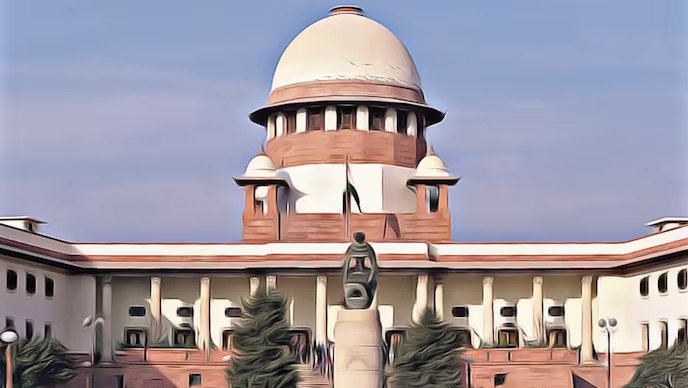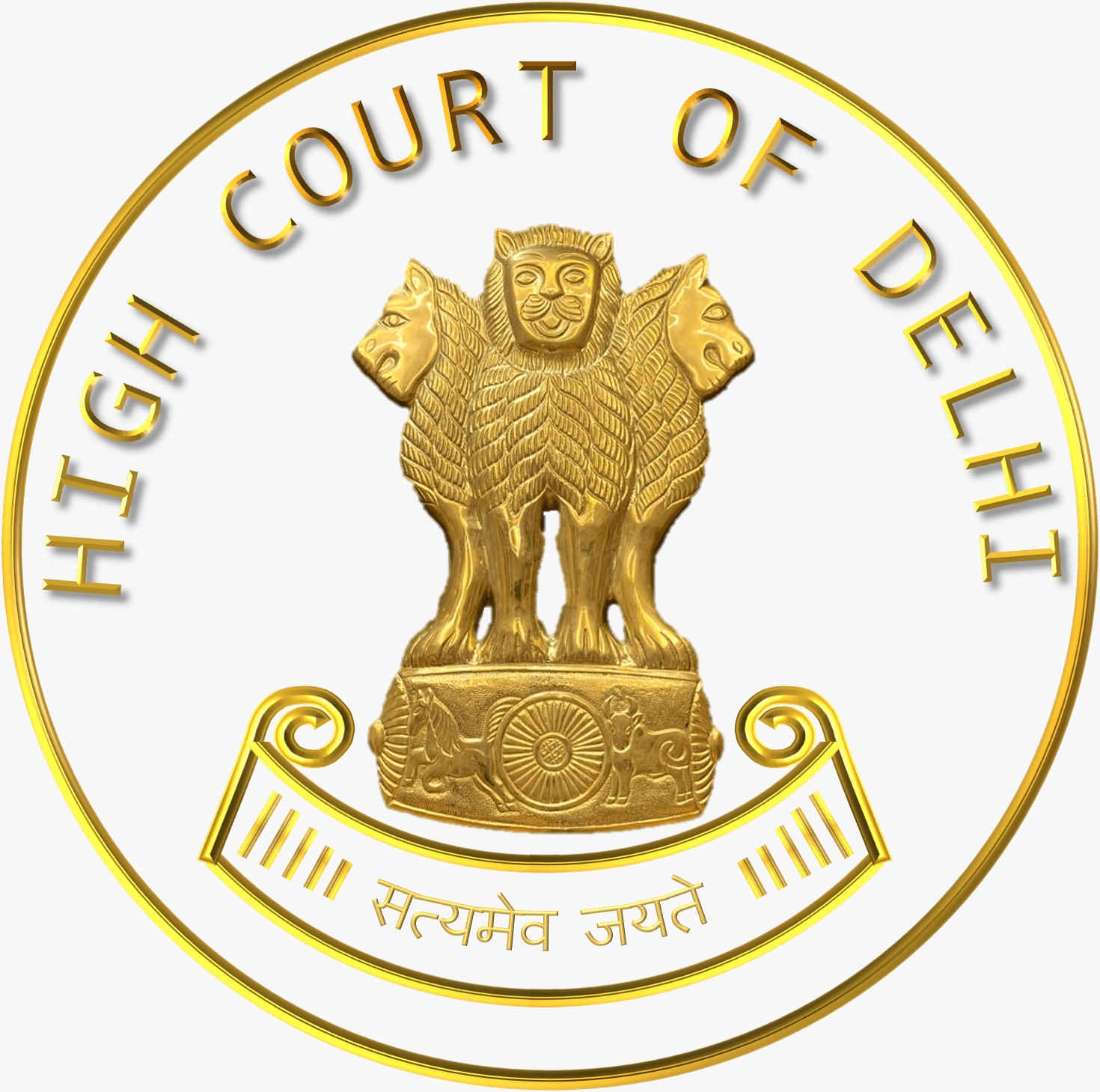Sankari Prasad Das Ghosh, J.@mdashThis revision application is directed against an order passed by the learned Chief Judge, City Sessions Court, Calcutta, affirming an order of conviction and sentence passed by the learned Metropolitan Magistrate, 7th Court, Calcutta, under S. 29, read with S. 32 of the Industrial Disputes Act, 1947 (hereinafter referred to as the Act for the sake of convenience).
2. By an awed dated 29.9.1970 made by the First Labor Court, west Bengal, under the Provisions of the Act, the petitioners were directed to reinstate one prabir Kumar Ghosh in his employment under the petitioner no. 1, Messrs Swaranjit and Company (of which thee petitioner no 2 Swaranjit Singh, was a proprietor) with full back wages from 15.4.1969. The award was published in the Calcutta Gazette, Extraordinary, on 23-11-1970. The petitioners did not thereafter reinstate P.K. Ghosh. By a letter dated 11-1-1970, P.K. Ghosh asked the petitioner no 1 company to reinstate him with full back wages, as per the terms of the award. As he was not there-after reinstated, he wrote a letter dated 7.12.1970 to the Deputy Labor did not enforce the award. Subsequently, on the complaint of the opposite party no. 2, an Assistant Labor Commissioners, Government of West Bengal against the petitioners under S 29. Read with S. 32 of the Act, a case was started against the petitioners. Two witnesses were examined for the prosecution Prabir Kumar Ghosh was examined as P.W.1. One witness was examined for the petitioners. On a consideration of the evidences of these witnesses and the materials on record, the learned metropolitan Magistrate, 7th Court, Calcutta, Convicted both the petitioners under S. 29, read with S. 32 of the Act. Each of the petitioners knows. 1 and 2 was sentenced to pay a fine of Rs. 1,000. There were directions in the order of conviction passed by the learned Metropolitan Magistrate for issue of distress warrant against the petitioner no 1, if the fine was not paid. The petitioner no 2 were to suffer simple imprisonment for one month, in default of payment of fine. The learned Magistrate directed that out of the total fine, if realized, a sum of Rs. 1,000/- was to be paid to Shri P.K. Ghosh by way of compensation. This order of conviction and sentence passed by the learned Metropolitan Magistrate was affirmed by the learned Chief Judge, City Civil and Sessions Court, Calcutta. Being aggrieved by this order of the learned Chief Judge in Criminal Appeal No. 43 of 1979, the petitioner''s necks 1 and 2 have filed the present provisional application.
3. Mr. Ghosh, learned Counsel for the petitioners, has challenged the dismissal of the appeal by the learned Chief Judge, City Sessions Court, Calcutta, on several grounds. His first contention is that when an offence for breach of award is punishable under S. 29 of the Act with in presentment for a term which may extend to six months or with fine or with both, the cognizance of the offence for breach of award under S. 29 of the Act was bared by limitation. Under S. 468(2) Cr. P.C. The second contention of Mr. Gosh is that the order of conviction and sentences should not be allowed to stand in the absence of proof by the prosecution of any means reason the part of the petitioners. The third contention is that both the courts bellow erred in thinking that the award was not terminated by a notice dated 4.11.1974 sent by the petitioners under certificate of posting.
4. It appears that no plea was a taken in any of the courts below that the cognizance of offence under S. 29, read with S. 32 of the Act, was barred by limitation. The only question of limitation raised in the courts below was that the case was barred by limitations it was filed on 7.6.1977 after the notice of termination of the award dated 4-11-1974 sent by the petitioners. Even though no question of limitation under S. 468(2)(b) Cr. P.C. was raised in the clouts below. I am to discuss the question of limitation raised for the first time in this Court, as it is a question of law. It is not disputed that the award was made on 29-9-1970 and was published on 23-11-1970. Under S. 17-A(1) of the Act, the award shall become enforsable on the expiry of 30 days from the date of its publication under S. 17 of the Act. Sub-section (3) to S. 19 of the Act is to the effect that an award shall, subject to the provisions of S. 19, remain in operation for a period of one year from the date on which the award becomes enforceable under S. 17-A of the Act. The contention of Mr. Ghosh is that this provision in S. 19(3) of the Act about the operation of the award for a period of one year from the date of its enforceability under S. 17-A of the Act cannot apply in the present case inasmuch as the award was for reinstatement with direction for payment of back wages and did not cast any continuing obligation on the petitioners bound by the award. I am to accept this contention of the learned Counsel for the petitioners. There are two types of awards. The awards of the first type decide the questions under reference once and for all. These awards are awards involving personal rights, such as awards directing payment of money or upholding the discharge or dismissal of workman. The awards of the second type are awards, which cast a continuing obligation one the parties bound by the awards, such as awards dealing widthwise structure paid holidays, dearness allowance, gratuity and other allowances and benefits (see Indian Aluminum Co. Ltd. v. Their Workmen 1985(2) LLJ 403; Md Suddiq v. Raghunath Singh 1979(39) FLR (342). By implication of the words, " subject to the provisions of this section" in sub-s (3) to S. 19 of the Act, Sub-sis (4) and (6) to S. 19 of the Act become inapplicable to awards of the first category. In such awards, there is no question of the period of operation, as the questions in dispute have been deciding once for all. Sub-session (5) to S. 19 of the Act makes sub-s (3) to S. 19 of the Act, inapplicable to such awards of the first category. Under sub-s (5) to S. 19 of the Act nothing contained in sub-s (3) shall apply to any award, which by its very nature, therms or other circumstances does not impose, after it has been given effect to, any continuing obligation on the parties bound by the award. As the award in the present case was an award of the a first type involving no continuous obligation on the parties bound by it, the failure on the petitioners to reinstate P.K. Ghosh or their failure to pay back wages was not a continuing offence so as to attract the provisions of S. 427 Cr P.C. The first contagion of Mr. Ghose is, thus, accepted. The cognizance of the offence under S. 29, read with S 32 of the Act, is barred by limitation under S. 468(2)(b) of the Act, as the case was filed long after one year from the date enforceability of the award and hence, he order of convocation and sentence of the petitioners cannot stand.
5. As the case are barred by limitation under S. 468(2) of the Act, it is not necessary to discuss the question of men''s read raised by Mr. Ghose even though the sending of the letter dated 4.11.1974 to P.K. Ghosh under certificate of posting, as stead by the petitioner no 2 at the time of his examination under S. 313 Cr. P.C. May not be reasonably probable, as per the concurrent finding of the courts below, the case will be barred by limitation under S. 468(2)(b) Cr. P.C. and the order of conviction and sentence of the petitioners should not be allowed to stand.
6. In the case of
7. The revisional application is, accordingly, allowed. The judgment the learned Chief judge,City Civil and Sessions Court, Calcutta in Criminal Appear No. 436 of 1979 is set aside. The order of conviction and sentence of the petitioners under S. 29 read with S. 32 of the act, is set aside. The petitioner''s no 1 and 2 are acquitted. They are discharged from their bail-bonds.
8. Fine, if realized, be refunded to the petitioner''s no 1 and 2.

